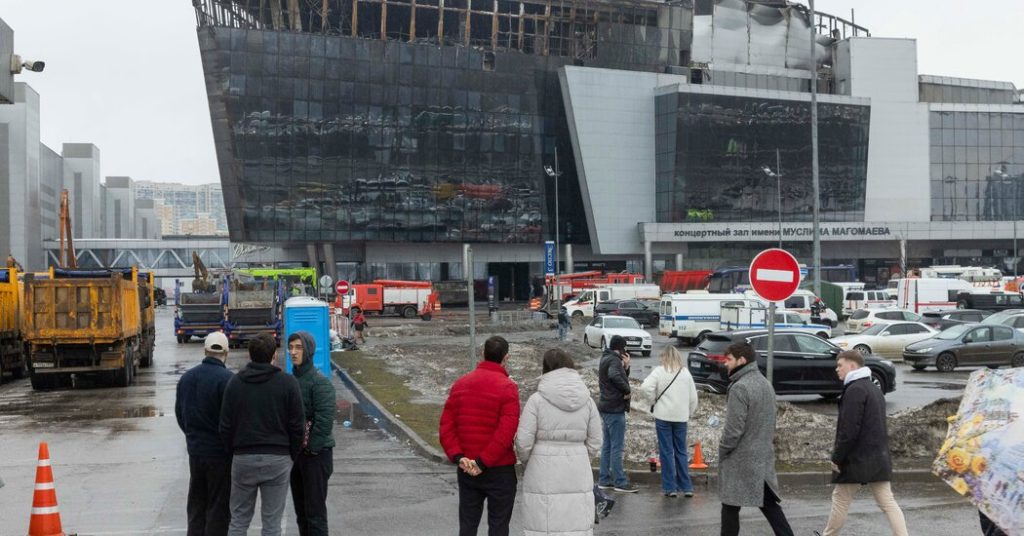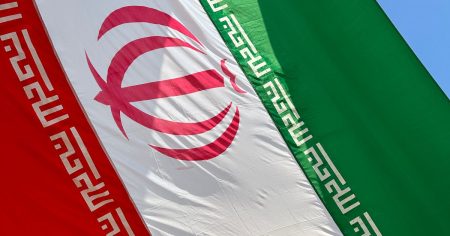In the past year, jihadists from Tajikistan have been involved in an unusually high number of terrorist attacks or foiled plots linked to the Islamic State. The suspects in the storming of a concert hall near Moscow last month were Tajiks, and Tajiks have also staged bloody assaults in Iran and Turkey, while several thwarted schemes in Europe have been said to involve Tajiks. Many men from Tajikistan have joined an affiliate of the Islamic State in Afghanistan known as ISIS-K. Analysts point to three main reasons why Tajiks are vulnerable to recruitment by extremist groups.
One reason is poverty, as Tajikistan ranks among the world’s poorest countries, leading millions of workers to seek better lives abroad. The majority of working men in Tajikistan, estimated at more than two million, end up in Russia, where discrimination, low wages, poor prospects, and isolation make some susceptible to jihadist recruiters. The difficult circumstances faced by Tajik migrants in Russia, such as low salaries and the high cost of living, can push them towards extremist ideologies.
Another factor is the authoritarian rule of President Emomali Rahmon, who has been in power since 1994 and recently extended his term for life. The country’s civil war from 1992 to 1997 ended with an agreement to allow some representation for opposition groups, but the moderate Islamic Renaissance Party was declared an extremist organization in 2015. Opposition leaders have been killed, jailed, or driven into exile, as Tajikistan has become an increasingly authoritarian state.
Curbs on religious freedom in Tajikistan also contribute to the vulnerability of Tajiks to recruitment by extremist groups. The government exerts tight control over how Islam is practiced, including carrying out campaigns against public signs of piety such as forcibly shaving beards in public or tearing off hijabs. The powerful Committee on Religion oversees every aspect of worship, from building mosques to printing books, and certain groups are banned from praying in mosques.
The combination of poverty, authoritarian rule, and lack of religious freedom has created a fertile environment for a calculated online recruitment campaign targeting Tajik men by ISIS-K. This campaign glorifies the exploits of those killed fighting for the group, which has adopted the ambitions of the Islamic State to battle the West. The vulnerable position of Tajiks, facing economic hardships, political repression, and religious constraints, makes them easy targets for jihadist recruiters looking to expand their influence in the region.
The ongoing recruitment of Tajiks by ISIS-K poses a threat not only to Tajikistan but also to other countries where these individuals may carry out attacks or become involved in terrorist activities. The international community must address the root causes of vulnerability among Tajiks, including poverty, authoritarianism, and lack of religious freedom, in order to prevent further radicalization and recruitment by extremist groups. By addressing these underlying issues, governments can work towards creating a more stable and secure environment for the people of Tajikistan and the broader region.














